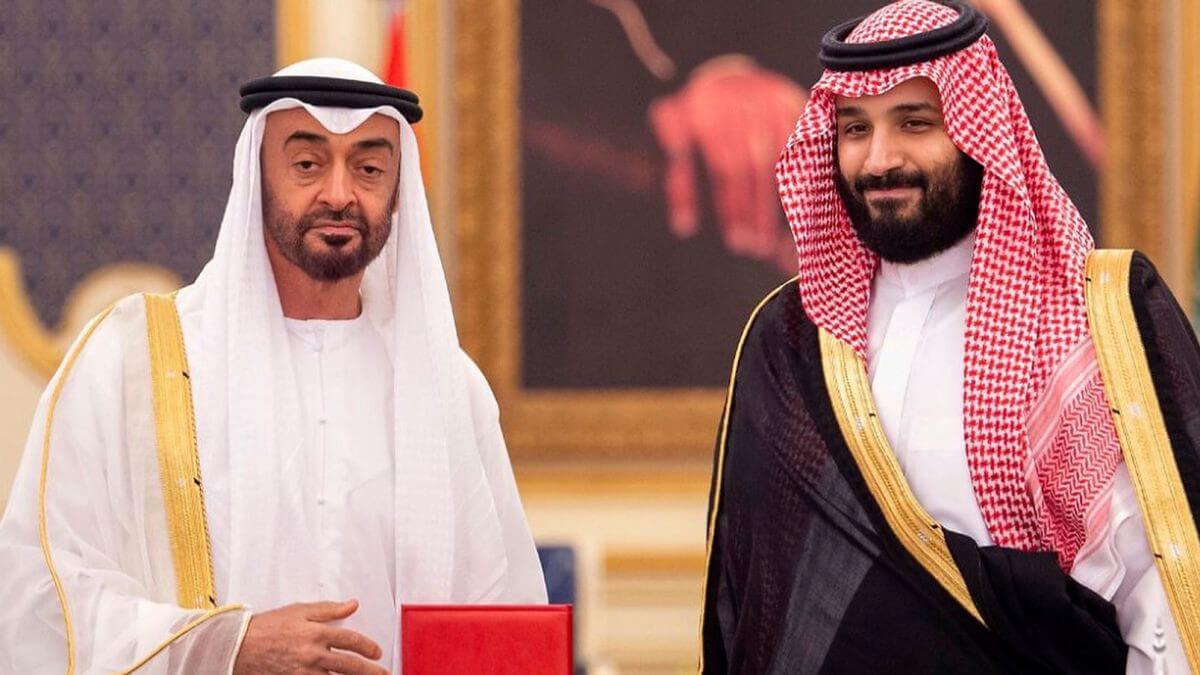Organization of Petroleum Exporting Countries (OPEC) members Saudi Arabia and the United Arab Emirates (UAE) have agreed to “significantly increase” oil output in the event of a global supply crisis this winter.
Reuters reported that Riyadh and Abu Dhabi will only boost oil production during winter if the current supply crisis worsens. Sources said Saudi and Emirati officials are of the opinion that boosting production at the moment is not a sound policy. “With possibly no gas in Europe this winter, with a potential price cap on Russian oil sales in the New Year, we can’t be throwing every barrel on the market at the moment,” one of the sources said.
Reports that OPEC+ agreed to a 100,000 barrel per day hike. Putting that into context, that's enough oil to feed one BP Whiting, Indiana refinery oil for about 6 hours. Your odds are greater at winning the Mega Millions than seeing a drop of that additional oil.
— Patrick De Haan ⛽️📊 (@GasBuddyGuy) August 3, 2022
The report comes a day after OPEC+ members agreed to boost oil production by a scant 100,000 barrels per day (bpd), much lower than the 650,000-bpd production increase agreed by the group in July. In a joint statement, members justified their decision by pointing to “severely limited availability” of spare capacity. It also noted that “severe supply disruptions” in the global energy market meant that the OPEC+ should be cautious while increasing oil production.
A report by the Wall Street Journal (WSJ) hours before the OPEC+ meeting said Saudi Arabia has “limited additional capacity” to boost oil production and accurately predicted that OPEC+ is likely to boost production by only a tiny margin, making a reduction in oil prices highly unlikely.
President Biden went to Saudi Arabia hat in hand to ask for more oil.
— Charles V Payne (@cvpayne) August 3, 2022
OPEC+ just agreed to its smallest hike EVER!
Its just embarrassing. Unleash American Oil!
While Saudi Arabia has stated that its production capacity is 12 million-bpd, it currently produces about 10.5 million-bpd, leaving it with a spare capacity of 1.5 million-bpd, which it could use to increase output. Keeping this in mind, Saudi officials told the WSJ that the Kingdom will “struggle to produce” 11-12 million-bpd, citing issues like field maintenance costs, declining production in some oil fields, and challenges created by the COVID-19 lockdowns.
In fact, this poor production capacity has led Saudi Arabia to double its imports of discounted Russian fuel to free up its additional production capacity in case of a supply crisis and boost oil exports.
At the current rate, I fear that President Joe Biden consumed more jet-fuel travelling on Air Force One to Jeddah than any extra oil barrels OPEC+ may agree to provide to the market in September | #OOTT
— Javier Blas (@JavierBlas) August 3, 2022
Global energy prices have soared following Russia’s invasion of Ukraine on February 24. The price of Brent Crude, the international benchmark price, jumped to a 14-year high of $139 per barrel as European countries sought to ban Russian energy supplies and issued sanctions against Moscow, hampering its ability to trade in dollars in the international market.
This has led to skyrocketing gas prices around the globe and record levels of inflation in many countries. For instance, in July, US inflation levels rose to a 40-year high of 9.1%, with gasoline prices driving much of the price rise. In this context, President Joe Biden has called on Saudi Arabia to ramp up oil production in a bid to tame global oil prices.
Saudi Arabia's "paltry increase in output-the smallest boost in memory-would appear to be a snub of Mr. Biden." This is why Steven Cook and I argued for a broader US-Saudi compact. Leaving it vague has enabled MBS to straddle between the US and Russia. https://t.co/0uP6HwMW3N
— Martin Indyk (@Martin_Indyk) August 4, 2022
However, Biden’s request was rebuffed by Saudi authorities as Washington-Riyadh ties were at an all-time low after the Biden administration blamed Saudi Crown Prince Mohammed bin Salman for the 2018 murder of Washington Post journalist Jamal Khashoggi. The US also suspended arms sales to the Kingdom over concerns of human rights violations in Yemen.
Aiming to mend relations, Biden travelled to Saudi Arabia last month and announced a series of economic and defence deals. Earlier this week, Washington even approved the sale of missile systems worth over $5 billion to Riyadh and Abu Dhabi, with the hope that they would pump more oil.
However, the OPEC+ decision is unlikely to please Washington, analysts say. The cartel’s decision to increase production by 100,000-bpd is only 6% of Saudi Arabia’s additional capacity and even lower when the production capacities of countries like the UAE and Kuwait are taken into consideration. The Washington Post reported on Tuesday that the minuscule increase in oil production is unlikely to reduce gas prices in the US, noting that the increase is a diplomatic move rather than an economic one and would do little to tackle the global energy crisis.

